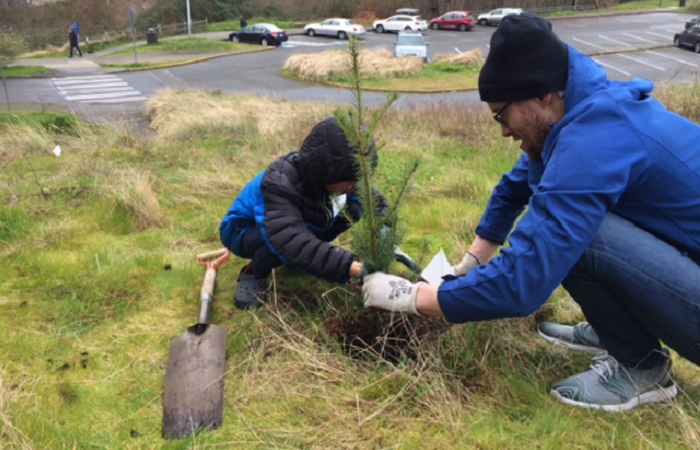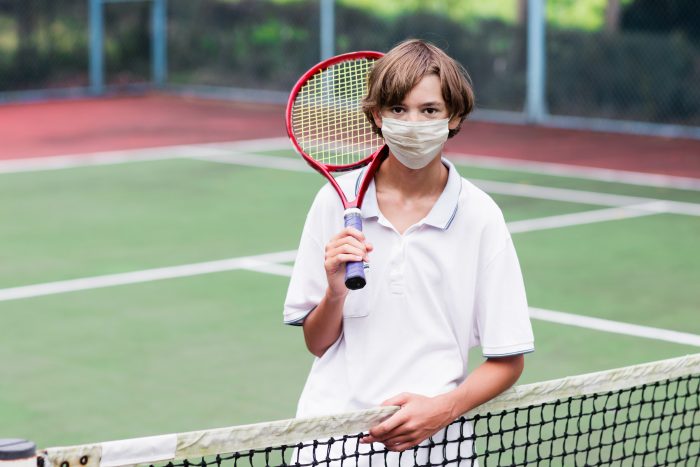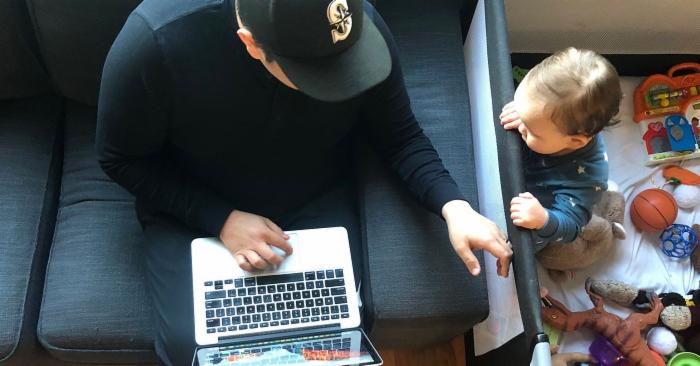In unprecedented times like this, we often reflect on what we as humans can do to better our world. In terms of climate change, there are many ways we can make a difference, whether on a small or large scale, in order to create a sustainable and healthy environment for all. Seattle Children’s is committed […]
As our state and counties progress through the Safe Start phases, our local athletic teams and activity centers will look to return as well. We are all anxious to get back to our regular activities, but how can we ensure that we are doing this the safest way possible? Our athletic training team is here […]
Managing a child’s mental health can feel like an uphill battle with no end in sight. Often times, parents and caregivers feel lost when it comes to navigating through their child’s emotions when they are experiencing a mental health crisis or mitigating a situation before, during and after a crisis occurs. Some of the best […]
Dr. Yolanda Evans and social worker Erik Schlocker of Seattle Children’s Adolescent Medicine Clinic bring you this post as part of our Supporting Mental Wellness and Family Life During COVID-19 efforts. The COVID-19 pandemic has changed the way humanity lives. We are sheltering in place, changing our patterns of social interactions, and relying on virtual […]
Although children don’t typically fall seriously ill from the new coronavirus, doctors in Europe are now expressing concern that children with COVID-19 have developed mysterious symptoms that mimic those appearing with Kawasaki disease. On the Pulse asked Dr. Michael Portman, pediatric cardiologist and director of the Kawasaki Disease Clinic at Seattle Children’s, to help break […]
Being a teenager isn’t easy by any means. With school, friends, and extracurricular activities, along with added the pressure of increased responsibilities and desire for more independence, teens are battling a load of complex emotions on a day-by-day basis. Now, top off their struggles with a global pandemic that’s completely transformed their lives, and they’ve […]
Parents are facing some high expectations right now. The COVID-19 pandemic has brought a wave of uncertainty to our homes, impacting finances, food security, health and safety. And while that would have been plenty to worry about, many parents are also required to work from home while managing their child’s education at the kitchen table. […]
In recognition of Autism Awareness Month, On the Pulse is shedding light on the COVID-19 pandemic and the impact it has had on children, teens, and young adults with autism spectrum disorder (ASD) and how we can support them through these uncertain times. As a society, we often rely on routines. With the COVID-19 pandemic […]
The teachers at Seattle Children’s are experts at supporting kids and their families when children and teens are suddenly out of school. Scott Hampton, manager of K-12 Education Services, shares advice to support families in the community as they adjust to a new way of life while schools are closed. Our world is facing an […]
As coronavirus disease 2019 (COVID-19) continues to spread, adults, children and teens are trying to make sense of what the outbreak means for their families and communities. Those with anxiety disorders may feel more worry than usual. On the Pulse asked Dr. Jennifer Blossom, a psychology postdoctoral fellow at Seattle Children’s Psychiatry and Behavioral Medicine […]











